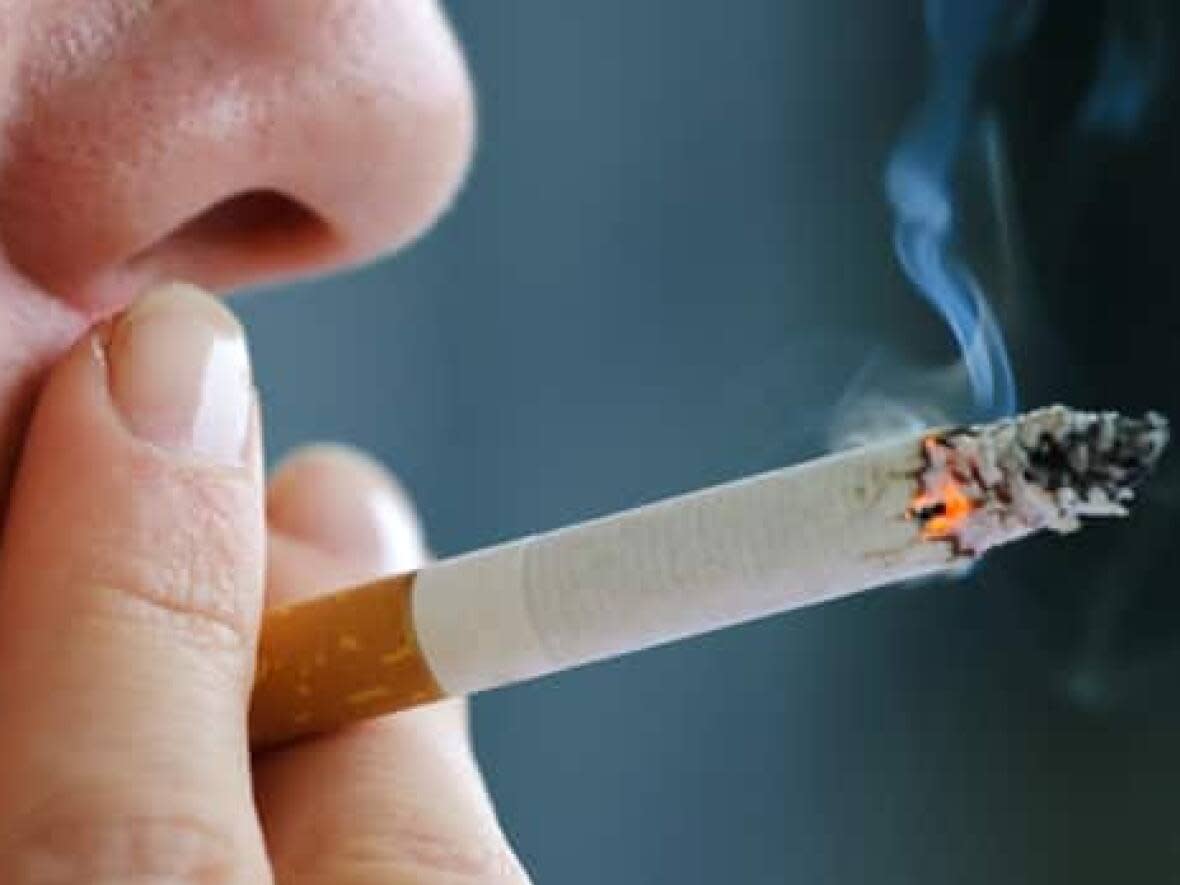N.W.T. has the highest tobacco tax in Canada again

If you buy cigarettes in the N.W.T., you'll once again be paying the highest rate of taxes in the country on them.
This month, the territorial government hiked the tax on cigarettes by about 13 per cent. That means people will pay about four cents more in tax for each cigarette they buy, for a total of 34.4 cents of tax.
The tax rate on loose tobacco is soaring even higher, increasing by almost 74 per cent.
People will pay 21 cents more in tax per gram of loose tobacco, for a total of 47.3 cents in tax — meaning the taxes for a 200-gram tin will go from $54.40 to $94.60.
The latest changes mean the territory once again has the highest tobacco tax in the country. That's the goal, N.W.T. Department of Finance spokesperson Matthew Mallon told NWT News/North, which first reported this tax hike.
Mallon said the goal is to use high taxes as a way to change the behaviour of residents and discourage tobacco use. It also helps put money in government coffers for programs and services.
Some tobacco users in Yellowknife say these increases could be the push they need in order to kick the habit. Cheryl Williams said her father, who chews tobacco, is already looking into quitting.
"It's definitely an incentive to quit," she said.
Williams has been smoking daily for at least 15 years. She said the price of cigarettes is already nearly a dollar apiece.
She and other smokers told CBC while the tax increase is negative for them personally, they see it as a positive move to help keep people from starting in the first place.
"Maybe it'll curb the next generation to say, 'Hey, what's the point to smoke, if it costs this much?'" Williams said.
Single most effective incentive for quitting
Denzie Hurst, a health promotions officer with the N.W.T. government, said that's one of the main goals of hiking this tax.
"Evidence shows that increasing tobacco taxes and price is just the single most effective — and cost-effective — way of reducing tobacco use," she said.
"It's not only an incentive for people to quit because they're going to save a ton of money, but it's also going to prevent those youth from starting."
Hurst said people who want to quit smoking can access a range of government resources to help, from nicotine replacement therapy to counsellors who are available through a help line. They have kits available to help address cravings, and classes for people who are concerned about side effects from quitting.
Kelly Robertson, who lives in Yellowknife, said she's smoked for about 40 years, since she was a teenager. She goes through about a pack a day and said she thinks the tax increase is the best way for the government to address smoking.
She said the increase might be the proverbial straw that broke the camel's back in terms of getting her to think about quitting.
"People have opinions both ways, but I also understand the money goes back into health care, back into the pot," she said.
"We're causing damage to ourselves and this is just paying for what we're going to be taking from health services later.'


